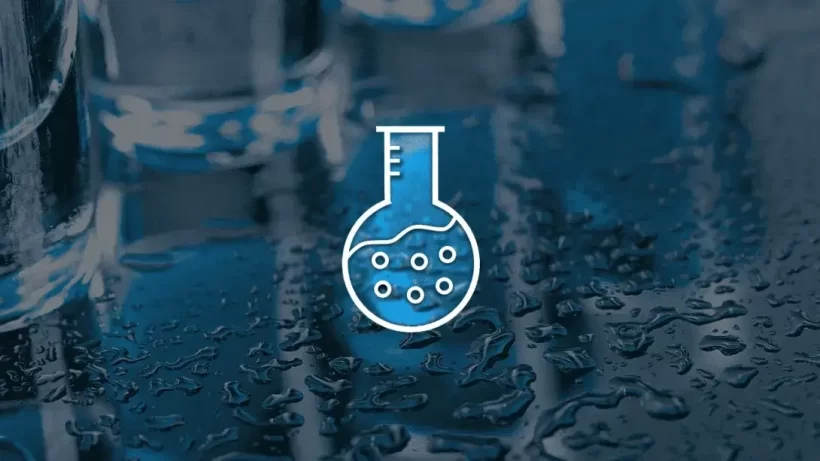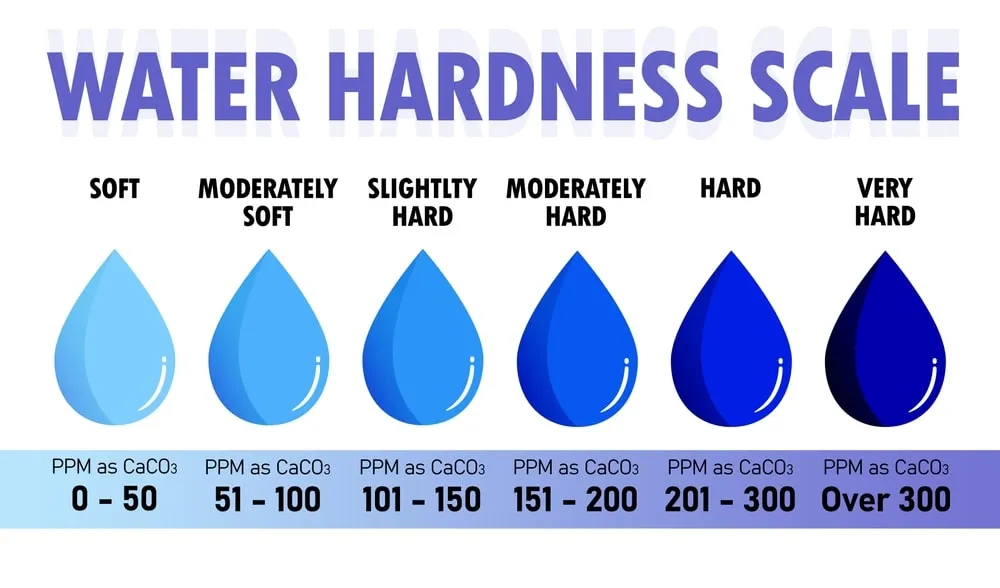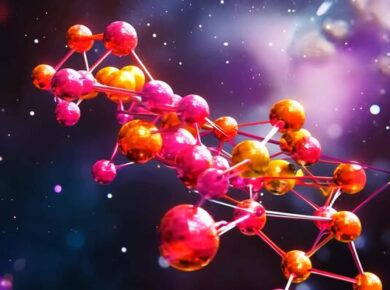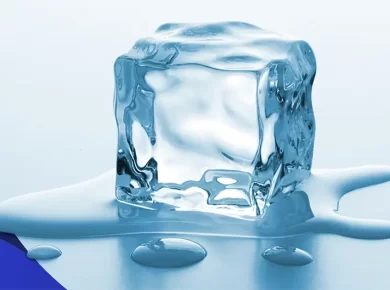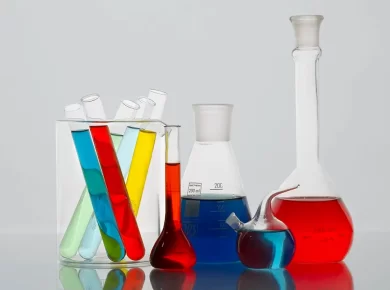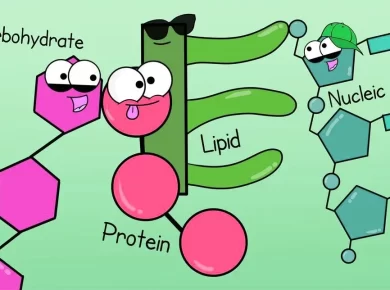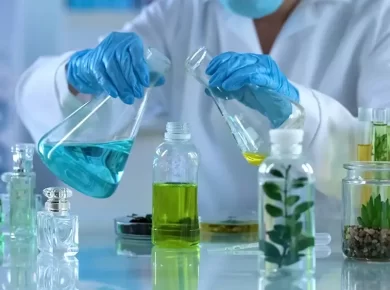Alloys, Hardness of Water & Important Chemical Compounds
Alloys
| Stainless steel | Fe + Cr + Ni |
| Brass | Cu (80%) + Zn (20%) (Golden in Color) |
| Bronze | Cu (90%) + Sn (10%) |
| Solder | Pb (50%) + Sn (50%) |
| Steel | Fe + C |
| Magnalium | Al + Mg |
| Amalgam | Hg + Ag + Sn + Zn (used by dentists to fill teeth) |
| Duralium | Al + Mg + Cu + Mn (making aircrafts, satellites & kitchenware) |
Hardness of Water
| Soft Water |
|
| Hard Water |
|
| Temporary Hardness | Due to the presence of bicarbonates which can be removed easily by boiling & filtering |
| Permanent Hardness | Due to the presence of sulphates & chlorides which cannot be removed by simply boiling water |
| Heavy Water | Deuterium oxide (D2O) – Used as a moderator |
Important Chemical Compounds
| Cao (Quick Lime) |
|
| Washing Soda (Na2CO3.10H2O) |
|
| Bleaching Powder (CaOCl2) |
|
| Baking Soda (NaHCO3) |
|
| Plaster of Paris (CaSO4.1/2H2O) |
|
| Soap |
|
| Detergent |
|
Important Chemical Compounds – Colours
| White Vitriol | Zinc Sulphate |
| Blue Vitriol | Copper sulphate (Aq) |
| Green Vitriol | Ferrous Sulphate |
| Wolfram | Tungeston |
| Super Halogen | Fluorine |
| Plastic Sulphur | Allotrope of sulphur (super cooled liquid) |
| Chlorine – Yellowish Green | Graphite – Black |
| Sulphur – Yellow | Bromine – Reddish Brown |
| Phosphorus | Red, White & Black (White – Most Reactive) |
For more updates, explore the Sci Tech. Feel free to share your thoughts and comments.
If you’re passionate about building a successful blogging website, check out this helpful guide at Coding Tag – How to Start a Successful Blog. It offers practical steps and expert tips to kickstart your blogging journey!
